A strange game
The organisers of terrorist attacks in various European cities over recent times seem to seriously misunderstand the impact of these incidents on the nations of the West.
The truth is that most of the political class and many members of the community in these countries are not dismayed by these attacks but regard them, somewhat cynically, as an unavoidable aspect of this period of history. If the terrorists expect to sap the morale of Western countries, they are mistaken, not because of a heroic spirit of resistance in those nations but because of a widespread indifference to these events. This explains why recent events in London, Paris, Berlin, Nice, Manchester and London again have disappeared from press coverage within a few days of their happening and then appear to be largely forgotten. The initial reaction is one of well-meaning but pious platitudes by political leaders and collections of flowers and candles from locals or tourists visiting the site of the killings but again these quickly come to an end.
In the case of the 2002 Bali bombings, where 88 Australians were killed, it was only a matters of weeks before holiday-makers returned to Kuta Beach. This is not to be critical of those visiting the resort so soon from Australia and elsewhere but it does indicate the way in which terrorist attacks fade rapidly from collective memory.
Nor is this to say that most members of the community share the delusion of some commentators that there is no problem about terrorism because there is a greater likelihood of, for example, being killed in a traffic accident. They are not as naïve as the Dean of Westminster, Dr John Hall, presiding over a national church service in the wake of the London attack in March, who said: ‘What could possibly motivate a man to hire a car and take it from Birmingham to Brighton to London and then drive it fast at people he had never met, couldn’t possibly know, against whom he had no personal grudge, no reason to hate them, and then run at the gates of the Palace of Westminster to cause another death? It seems likely we shall never know.’ Most members of the community, of course, do know but they are not interested in the political dimension of the problem, viewing the victims in the same detached way that they would regard those killed in a plane crash or a shark attack who are not amongst their own family and friends.
This widespread indifference to terrorist attacks is reflected in the follow-up investigation and reporting – or lack of these, although Manchester was initially something of an exception. Why is it that in most of these cases nothing is ever heard afterwards about the background of those who were identified as gunmen, bombers or drivers? How did they come to be where they were? Where did they obtain their weapons or vehicles? What were their sources of funds? Who else was involved in these activities?
This last question appears to be one that the law enforcement authorities in most countries are anxious to avoid. The driving attacks in London, Berlin and Nice were quickly described as ‘lone wolf’ actions in which no one else was involved. This description could, however, hardly be applied to the co-ordinated attacks in several parts of Paris and the use of a sophisticated explosive device in Manchester. As it happens, the driving attack in Nice, where 86 persons were killed, did not seem to be a ‘lone wolf’ exercise as six other persons were charged by the French authorities as accomplices in relation to a terrorist enterprise. But almost a year later there are still no reports as to what has happened to those charges or whether these six individuals were in fact involved, and if so how, in the attack.
One of the most puzzling aspects of these recent events has been the initial reluctance of the authorities to even name the person or persons who have carried out the attack when they have been identified. This concern presumably arises from the fact that, almost without exception, all of the attacks over a period of many years have been carried out by persons of similar profile and background. Which raises the question why security officers at airports around the world can be seen body-searching 70 year old women on literary tours. Why are law enforcement agencies so reluctant to admit where the threat comes from? It hardly seems a good starting point for dealing with that threat.
On this question, the authorities in Manchester complained bitterly that the name of the suicide bomber and some images of what was left of the bomb were published in the American media, supposedly from information provided by US intelligence agencies from their British counterparts. Putting aside the issue of the relationship between intelligence bodies in different countries, the real question is why this information had not been released by the British authorities. It would seem a matter of significant public interest and it is hard to see how it could hinder future investigations when the terrorists must assume that law enforcement bodies have examined the scene of the attack.
It is difficult to say how this deadly cycle might be broken in the immediate future. The terrorists seem unaware that their actions are having no significant impact on Western society, except perhaps for the non-targeted and inefficient security procedures that now occur at all international and domestic airports. It is hardly reassuring that law enforcement bodies in all these countries will not publicly – possibly even privately – identify the small groups in their communities who are the obvious source of almost all terrorist activities.
It is a strange conflict where one side cannot see the futility of its actions and the other side cannot admit who the enemy really is.
Got something to add? Join the discussion and comment below.
Get 10 issues for just $10
Subscribe to The Spectator Australia today for the next 10 magazine issues, plus full online access, for just $10.
You might disagree with half of it, but you’ll enjoy reading all of it. Try your first month for free, then just $2 a week for the remainder of your first year.

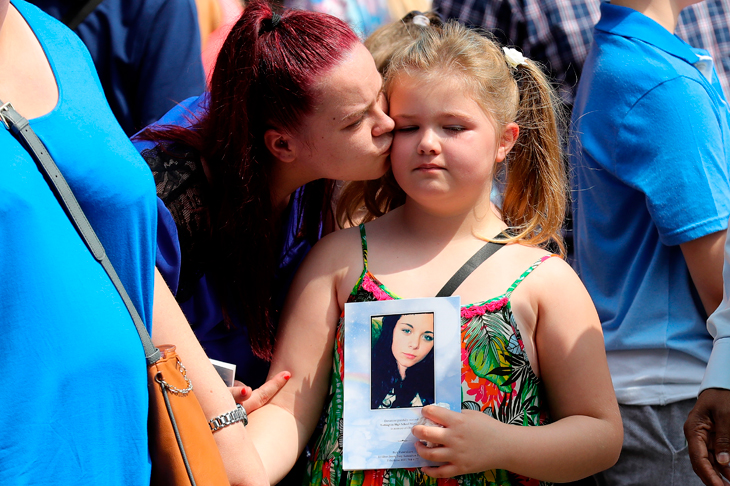
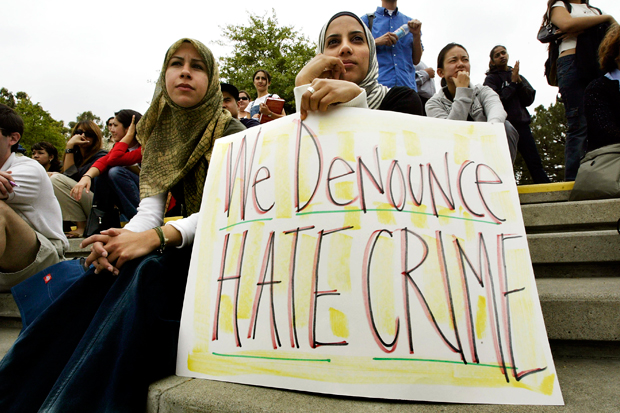
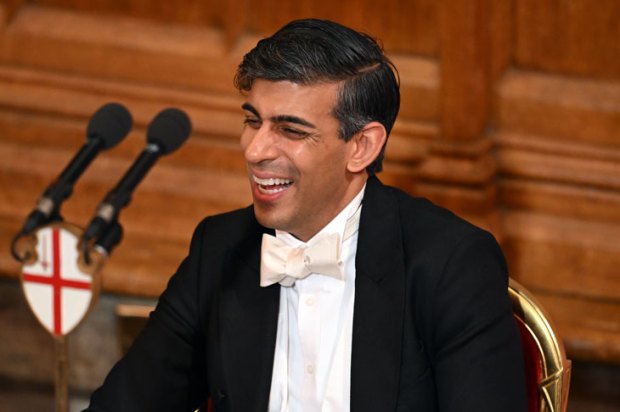
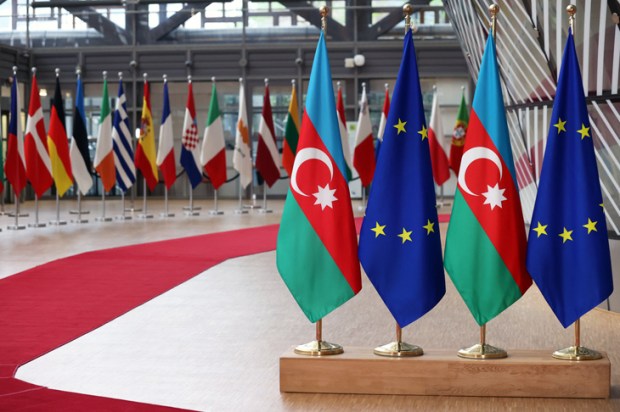
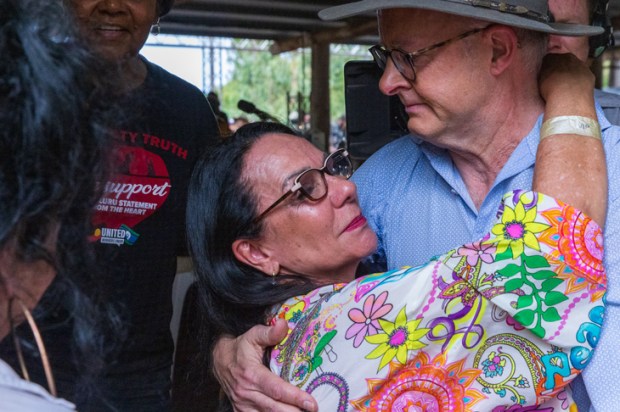
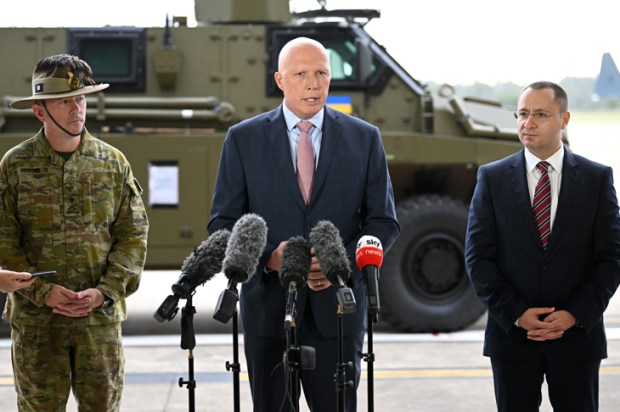
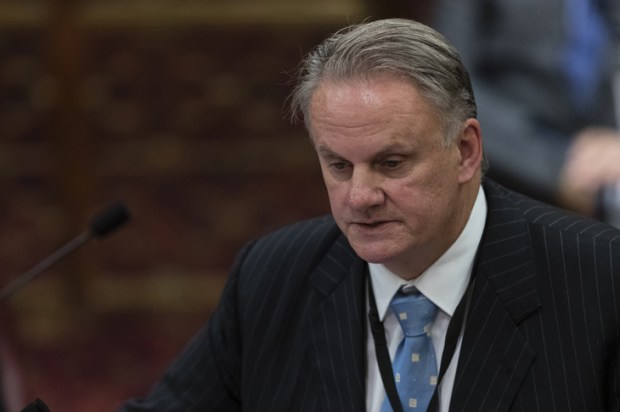






Comments
Don't miss out
Join the conversation with other Spectator Australia readers. Subscribe to leave a comment.
SUBSCRIBEAlready a subscriber? Log in